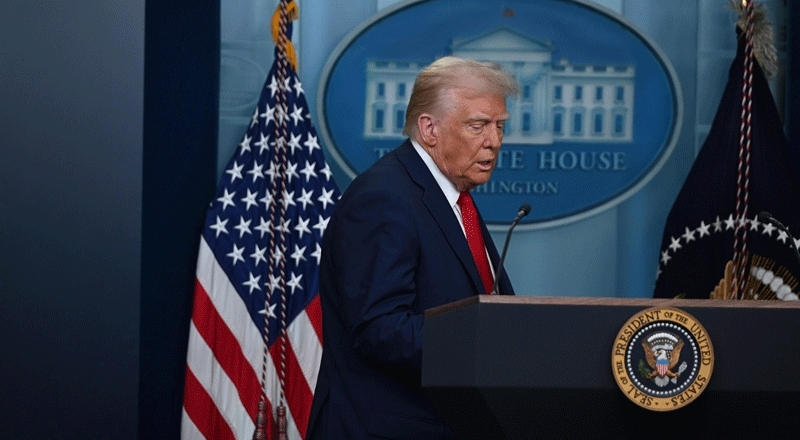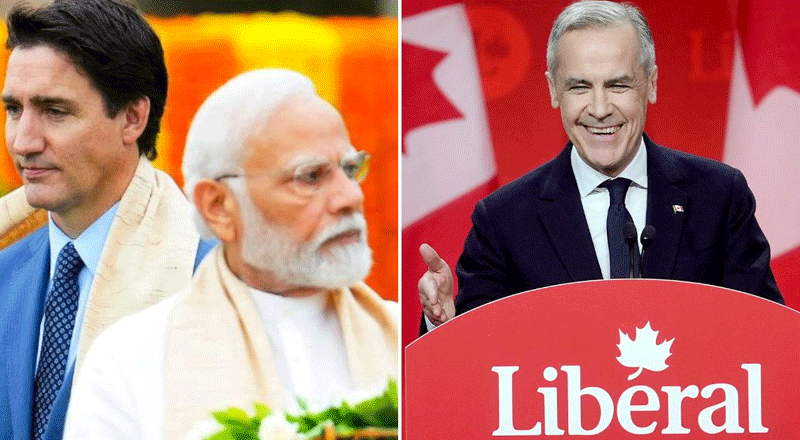The Ukraine War and U.S. Involvement
The war in Ukraine has been one of the most significant global conflicts in recent years, with Russia’s invasion triggering widespread devastation and geopolitical turmoil. The United States has played a crucial role in supporting Ukraine, providing financial aid, military assistance, and strategic backing. With U.S. support for Ukraine exceeding $300 billion, questions have arisen about how long such assistance can be sustained without economic repercussions.
Amid this backdrop, U.S. President Donald Trump has suggested a new approach—Ukraine supplying the U.S. with rare earth minerals as a form of repayment for the financial aid it has received. This proposition has sparked debates about the feasibility and implications of such a deal.
Trump’s Proposal: Rare Earths for Financial Aid
On Monday, President Trump stated that Ukraine should compensate the United States for its extensive financial support by providing valuable rare earth minerals. Speaking at the White House, he emphasized the need for “equalization” in the exchange of aid, claiming that Ukraine possesses significant reserves of critical minerals.
“We’re telling Ukraine they have very valuable rare earths,” Trump said. “We’re looking to do a deal with Ukraine where they’re going to secure what we’re giving them with their rare earths and other things.”
It remains unclear whether Trump was referring specifically to rare earth elements or to critical minerals more broadly. Rare earths are essential components in modern technology, including electric vehicles, smartphones, and military applications. Given their strategic importance, securing a stable supply is crucial for national security and economic stability.
The Importance of Rare Earths and U.S. Reliance on Imports
Rare earth elements consist of 17 metals vital for various high-tech industries. They have no known substitutes, making them indispensable for the global supply chain. The U.S. Geological Survey has classified 50 minerals, including several rare earths, nickel, and lithium, as critical to the country’s economic and defense interests.
Currently, the United States has only one operational rare earth mine and limited processing capacity. China dominates the rare earths market, producing and refining the majority of these critical minerals worldwide. This reliance on China has long been viewed as a national security risk, prompting U.S. policymakers to seek alternative sources.
Ukraine, despite possessing significant reserves of uranium, lithium, and titanium, is not among the world’s top five producers of these minerals. While Ukraine could become a future supplier, the country would require significant investment and infrastructure development to effectively extract and process these resources.
Will the Deal Benefit the U.S. and Ukraine?
Trump’s proposal has raised several concerns. While securing rare earths from Ukraine could reduce U.S. dependence on China, the feasibility of such a trade arrangement remains uncertain. Extracting and processing rare earths requires advanced technology and a well-established supply chain, both of which Ukraine currently lacks.
For Ukraine, the deal could provide an economic boost, but diverting resources toward mining operations during an active war may not be practical. Moreover, Ukraine’s focus remains on securing military aid and humanitarian support rather than negotiating long-term mineral trade agreements.
A Practical Solution or Political Rhetoric?
While Trump’s proposal aims to create a more balanced exchange between the U.S. and Ukraine, its implementation poses several challenges. Rare earth extraction and processing are long-term commitments that require stability and investment, conditions that Ukraine cannot currently guarantee due to the ongoing war.
If successfully executed, the deal could enhance U.S. mineral security and lessen dependence on China. However, given the uncertainties surrounding Ukraine’s ability to meet the demand, it remains to be seen whether this plan is a viable strategy or merely a political statement. The future of U.S.-Ukraine relations will likely hinge on broader geopolitical considerations rather than resource-based exchanges alone.
(With inputs from agencies)





